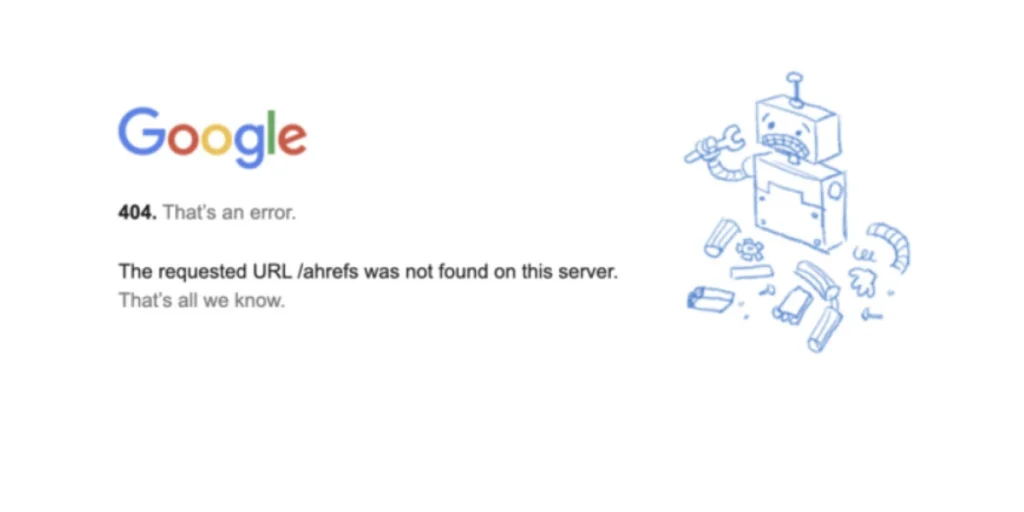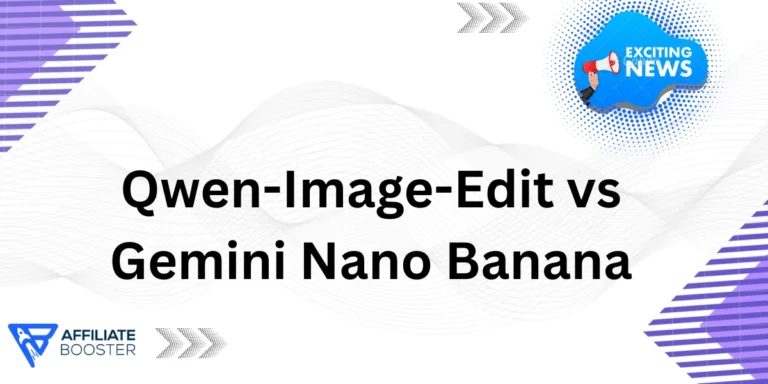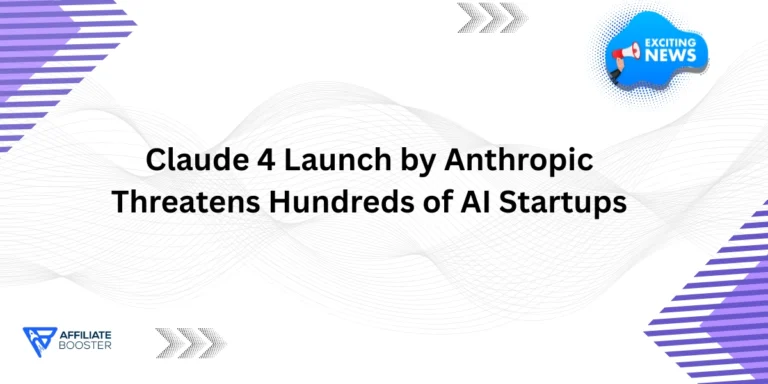A new study reveals AI search engines send users to 404 pages nearly three times more than Google. The research, analyzing 16 million URLs, highlights AI search errors as a growing issue, with ChatGPT leading in generating fake links.
ChatGPT Tops AI Search Errors
The Ahrefs study shows AI assistants, especially ChatGPT, create more broken links than Google. While Google’s top search results have a 0.84% error rate, ChatGPT’s URLs lead to 404 pages 2.38% of the time. For clicked URLs, ChatGPT’s error rate is 1%, compared to Google’s 0.15%. Other AI tools also struggle but perform better than ChatGPT.
Why AI Search Errors Happen
- Outdated Data: AI relies on old information, suggesting deleted or moved pages.
- Invented URLs: AI creates fake links that sound plausible but don’t exist.
Read More: OpenAI’s ChatGPT Voice Mode Beta Now Available for All
Ryan Law from Ahrefs noted fake URLs like “/blog/internal-links/” were generated for their site, despite never existing. These errors stem from AI’s tendency to “hallucinate” links.

Comparison Table
| AI Assistant | Clicked URL Error Rate | All URL Error Rate |
|---|---|---|
| ChatGPT | 1.00% | 2.38% |
| Claude | 0.58% | Not specified |
| Copilot | 0.34% | Not specified |
| Perplexity | 0.31% | Not specified |
| Gemini | 0.21% | Not specified |
| Mistral | 0.12% | Not specified |
| Google Search | 0.15% | 0.84% |
Limited Traffic Impact
AI-driven traffic is small, at 0.25% of total website visits, compared to Google’s 39.35%. While AI search errors cause frustration, they affect only a tiny fraction of traffic. However, as AI usage grows, so could the issue. The study also found 74% of new web pages contain AI-generated content, which may spread fake links further via web crawlers.
Google’s Prediction Holds True
In March, Google’s John Mueller warned of rising AI search errors. He predicted a “slight uptick” in clicks on hallucinated links within 6-12 months. The Ahrefs data confirms his forecast. Mueller advised improving 404 pages and collecting data before making big changes, given the low traffic impact.
What’s Next?
Websites should prioritize user-friendly 404 pages and set up redirects for high-traffic fake URLs. As AI improves, these errors may decrease. For now, managing AI search errors strategically is key to maintaining a smooth user experience.
More News To Read: Google AI STEM Improvements Boost Learning for Students





